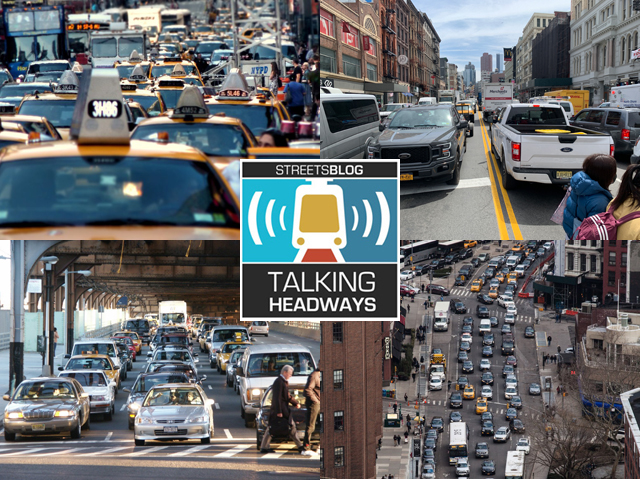This week we’re joined by Dr. Dorina Pojani, associate professor of Urban Planning at the University of Queensland, to talk about her book, "Planning for Sustainable Transport in Southeast Asia: Policy Transfer, Diffusion, and Mobility." We chat about how four different Southeast Asian cities are taking transportation ideas from other places and trying to deal with congestion and mobility.
If you want to read the interview, click here for an unedited transcript (which may have typos!). If you want a cleaned-up edited version, look below the audio player:
Jeff Wood: It’s interesting, you know, we talk about transferring policies for these types of systems, bus rapid transit, light rail, metro, bike share, all kinds of transportation, safety projects, road building even a lot of the discussion is in Southeast Asia, but I’m curious what people are trying to solve for, and you mentioned at the top of the show you mentioned congestion, right? That’s the big issue. But in order to want somebody else’s policies, you’re trying to solve for something, is it the congestion or is it something else bigger that they’re trying to make better?
Dorina Pojani: It’s the congestion that’s a huge problem. I’ve been to the countries that I’ve studied and congestion does cause a whole lot of stress locally and accessibility as well. And it’s really perverse with transport because in these countries incomes have gone up, and with incomes going up, a lot of things have improved in society. For example, all the countries in Southeast Asia have better education systems and better healthcare now. Some of them are even having the so-called healthcare tourism when people go to Thailand to get cheaper healthcare from the United States even.
But as these other sectors have improved, transport has gotten worse. So that’s the unfortunate reality of transport. So congestion is a problem, and then mobility has increased in these countries and motorization has increased meaning people are able to afford both cars and motorcycles more and more. Yet accessibility seems to have decreased. It takes people longer and longer to get to work or other destinations that they need to reach for leisure or out of necessity. So accessibility is another issue. And then it’s also all the externalities that come with transport, huge amounts of pollution, both air pollution and noise pollution as well, and greenhouse gases. So the climate change issue.
That said, these are big problems that are in search of solutions, but one does see from time to time the situation where there are solutions in search problems, right? So one type of transfer is driven by the so-called technology mongers. So oftentimes western firms or perhaps Japanese firms, they come from Asia itself that try to sell their technologies to other countries. And in the process they act as agents of transfer. Of course.
Jeff Wood: Also in the book, I was kind of surprised by one of the quotes from somebody worried about philanthropic organizations in the United States, like the Rockefeller Foundation and Bloomberg and others who had come into the country because they believed they were there to create a situation where the United States could sell technology in the country. And I found that really fascinating because that’s never an idea that crossed my mind. But if the technology mongerism is something that is pervasive, that must be something that pops into people’s mind, even when philanthropic or you know, international organizations, you mentioned World Bank a lot and UN and, and a lot of those organizations as well, trying to kind of put their foot in the door so they can sell something, not so they can improve the local, you know, situation with congestion.
Dorina Pojani: Exactly. And locals realized that, and please keep in mind that, like I said before, most countries in this region have suffered through rounds and rounds of colonization. So it’s expected they will be a little bit suspicious, right? There has been also this fatigue with policy transfer efforts driven by these international organizations that you mentioned. So it’s natural that they’ll be a bit suspicious, right? And they’ll feel that any advice that comes from abroad will have some strings attached. So often when they hear someone is coming there to present them new technology or a new idea, they’re like, well, where’s the catch? Are they trying to sell us something? How can we follow the money here to find out what was the ultimate purpose of this presentation that were given.






